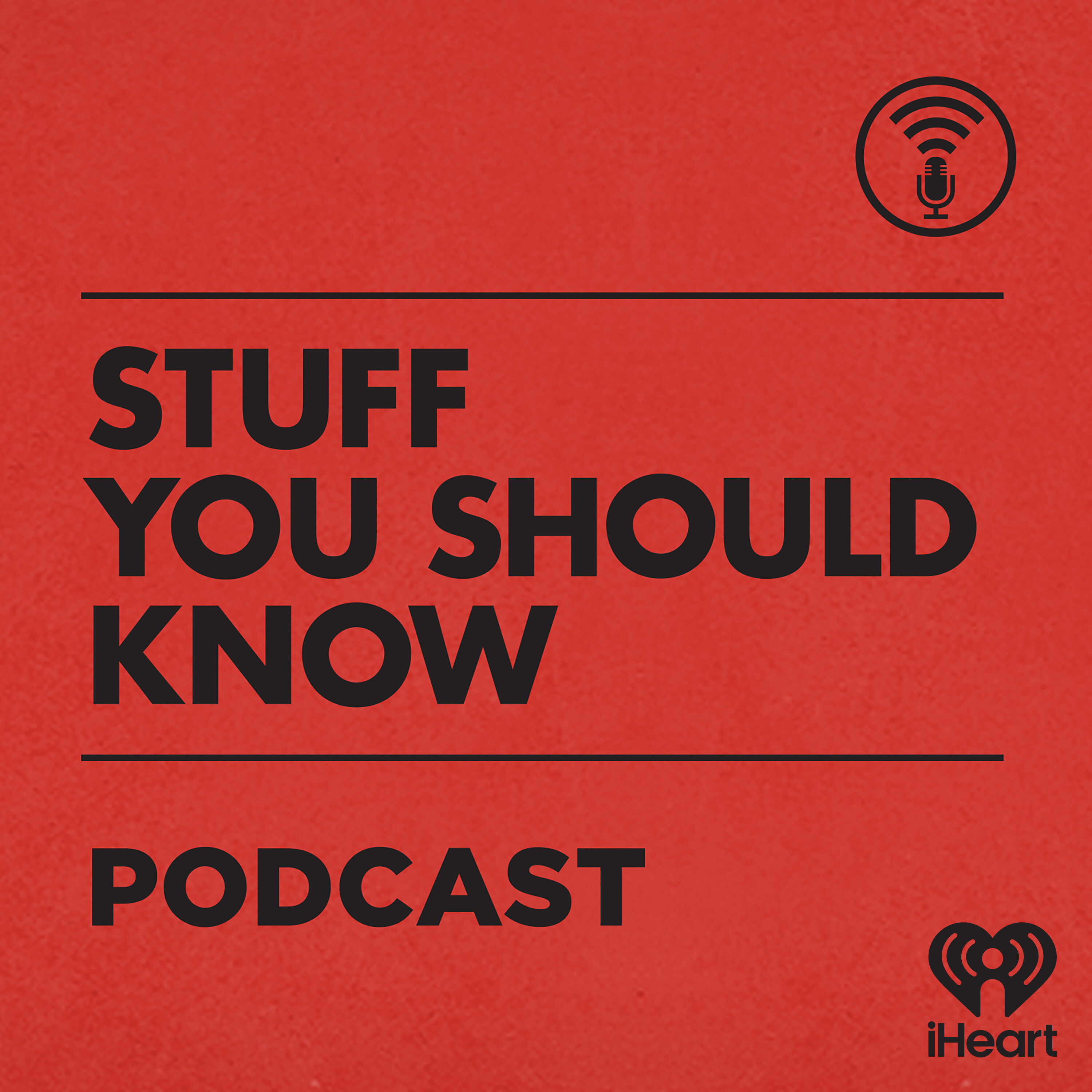Chapter
Clips
A member of a Puritan family on their way to the colonies expressed anger and recklessness by shooting off a musket next to an open keg of gunpowder, despite calling themselves a devout family.
09:42 - 11:15 (01:33)
Summary
A member of a Puritan family on their way to the colonies expressed anger and recklessness by shooting off a musket next to an open keg of gunpowder, despite calling themselves a devout family.
ChapterConspiracies and Hog Ties
EpisodeSelects: Who was America's first murderer?
PodcastStuff You Should Know
John Jr., son of Puritan leader John Winthrop, wandered into a Native American village and was taken to another village by the Wampanoag tribe.
11:15 - 12:39 (01:24)
Summary
John Jr., son of Puritan leader John Winthrop, wandered into a Native American village and was taken to another village by the Wampanoag tribe. Their involvement in helping the English against their rivals contributed to the colonization of the continent.
ChapterConspiracies and Hog Ties
EpisodeSelects: Who was America's first murderer?
PodcastStuff You Should Know
The story of Myles Standish is not what most people think it is.
12:39 - 14:48 (02:09)
Summary
The story of Myles Standish is not what most people think it is. Sasha Archibald sheds light on the real history of the controversial pilgrim leader.
ChapterConspiracies and Hog Ties
EpisodeSelects: Who was America's first murderer?
PodcastStuff You Should Know
The old hog tie, a once popular form of torture, involved tying a person's arms and legs together behind their back and then tying their ankles to their neck, which could cut off circulation and cause extreme pain.
14:48 - 15:43 (00:55)
Summary
The old hog tie, a once popular form of torture, involved tying a person's arms and legs together behind their back and then tying their ankles to their neck, which could cut off circulation and cause extreme pain. The practice has been largely forgotten, and now the hog tie mainly involves tying hands and feet together, but the brutality of the original form lives on in historical accounts.
